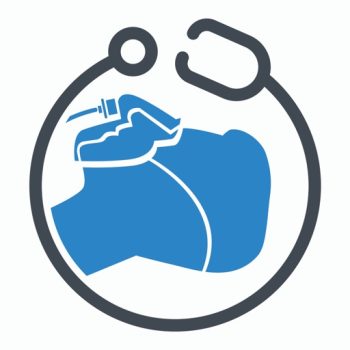Project Details
About the Project
As physicians move through various hospital systems, they inevitably encounter variations in practices and policies. Dr. Des Sweeney from the Anesthesiology Department heard feedback from multiple colleagues about the process of managing controlled substances in the operating room environment in both hospital sites in Victoria, and how it compared to other regions. He noted some gaps in safeguards for opioids and other controlled substances, which make it easier for medications to be diverted, or for individual dispensing errors to occur in high stress situations. After connecting with Dr. Ben Williams, Vice President of Medicine, Quality, Research & Chief Medical Officer about this issue, he and a team of anesthesiologists and other clinicians set out to establish what the ideal practice for opioid management would include and make association recommendations for Island Health-wide improvements in safety for both patients and physicians.
At the end of a rigorous examination of both the current state of controlled substance management, best practices, the team investigated a commercially available system that could match their needs and improve compliance with safety standards. Crucially, the team also considered whether any medication-dispensing machine would have a negative impact on the workflow in the operating room, visiting Vancouver General Hospital to view how their machines were being used clinically and talk to the physicians. They concluded that Omnicell’s Anesthesia Work Stations would achieve all the necessary standards expected by Health Canada, reducing the risk of medication diversion and medication errors.
At the time of writing, the team is working with Island Health leadership to review these findings and explore the feasibility of establishing a phased approach to implementing these units. After doing this deep dive, Dr. Sweeney remarked, “It’s nice to have a system that supports this kind of work. There is so much work that I see being done that is non-clinical, that is important for quality and patient care, but it doesn’t get supported financially. And because of that, it gets devalued, it doesn’t get done, it doesn’t move forward in a way that it might. So having this kind of funding in place helps people to pursue these projects in a way they wouldn’t otherwise.”

